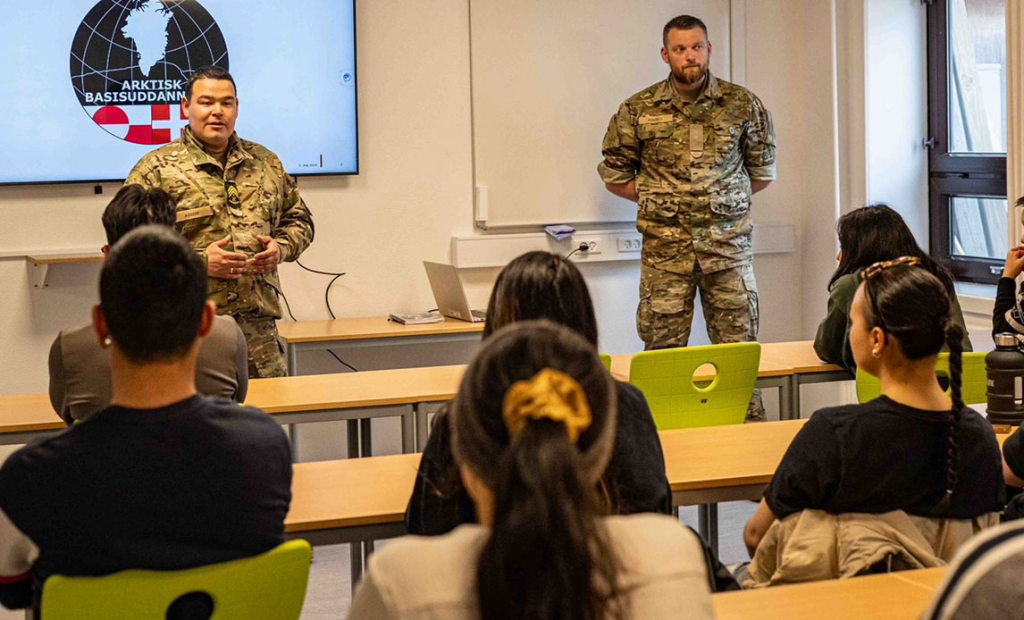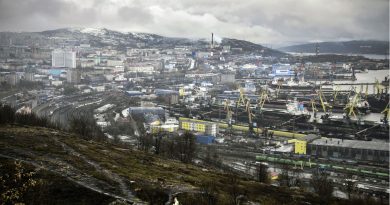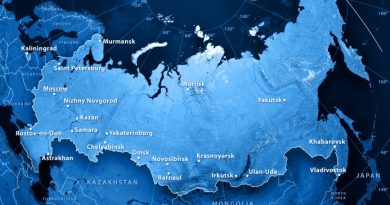Arctic Basic Training program starts in Greenland

Greenland’s Arctic Basic Education program began this week with 22 students in a newly renovated facility in Kangerlussuaq.
“Arctic Basic Education plays an important role in the training of young people in Greenland for preparedness and rescue tasks,” Denmark’s Minister of Defense, Troels Lund Poulsen, said in a statement.
“At the same time, the program gives young people important skills that can be used in the Armed Forces after graduation.”
‘Enforcement of sovereignty’
The program aims to bolster Greenland’s emergency response, and will play an increasingly important role in the territory’s autonomy, Vivian Motzfeldt, Greenland’s Minister for Independence and Foreign Affairs, said.
“The opening of the Arctic Basic Training is a positive event, which first of all marks the start of a training that will give young people in Greenland the skills to take responsibility for the preparedness in our country,” she said.
“The establishment is also an expression that we are working for the Greenlandic population to participate to a greater extent in the future in the enforcement of the sovereignty of our country. It is completely in line with our recently published strategy in the field of foreign, security and defense policy.”

The Arctic Basic Education program is targeted to young people. During the courses, they live and train in Kangerlussuaq and receive a salary for the duration of their stay.
The students are taught by Greenland’s police and rescue services. The first part of the training focuses on defence and emergency tasks. The second part of the training focuses on deployment.
Successful completion of the program also allows students to go on and apply for training courses in the Navy, Air Force and Army.
Student numbers to be boosted in 2025
In all, 236 people applied for the program, with 82 meeting the admission criteria. Both Motzfeldt and Poulsen said they were encouraged by the enthusiastic response.
“The demand from our young people is so great that we have already agreed with the Minister of Defense that we must extend the training to next year,” Motzfeldt said.
Poulsen said they aim to increase the capacity to 30 students in 2025.
Poulsen highlighted the importance of increasing the presence of the Armed Forces in Greenland, including the potential establishment of elements of the Arctic Command in Kangerlussuaq.
“I’m sure that the forward-looking presence and activities of the Armed Forces will contribute to Kangerlussuaq’s continued existence and development,’ he said.
‘Must benefit Greenland,’ says FM
Motzfeldt said the Armed Forces presence in Kangerlussuaq would be advantageous to Greenland as a whole.
“It is of crucial importance for Naalakkersuisut [the Greenlandic Government] that the role and activities of the Defense Forces in Greenland should benefit Greenlandic society,” she said.
“I look forward to the upcoming settlement negotiations, where we must agree on how the Armed Forces’ presence can be strengthened in accordance with Greenland’s wishes.”
Comments, tips or story ideas? Contact Eilís at eilis.quinn(at)cbc.ca
Related stories from around the North:
Canada: Canada pledges billions for defence, falls short of NATO’s 2%, CBC News
Denmark: Denmark’s Arctic, North Atlantic focus: Canada among new defence attaché posts, Eye on the Arctic
Finland: Military exercise apparently disrupts weather images from Lapland, Yle News
Iceland: Iceland authorizes U.S. submarine service visits, Eye on the Arctic
Norway: Against Russian aggression: Norway signs security agreement with Ukraine, The Independent Barents Observer
Russia: Military investigators conduct raids in Murmansk region to enlist young men, The Independent Barents Observer
United States: US Army sends heavy equipment to Arctic Norwegian port for transfer to Finland, Eye on the Arctic



